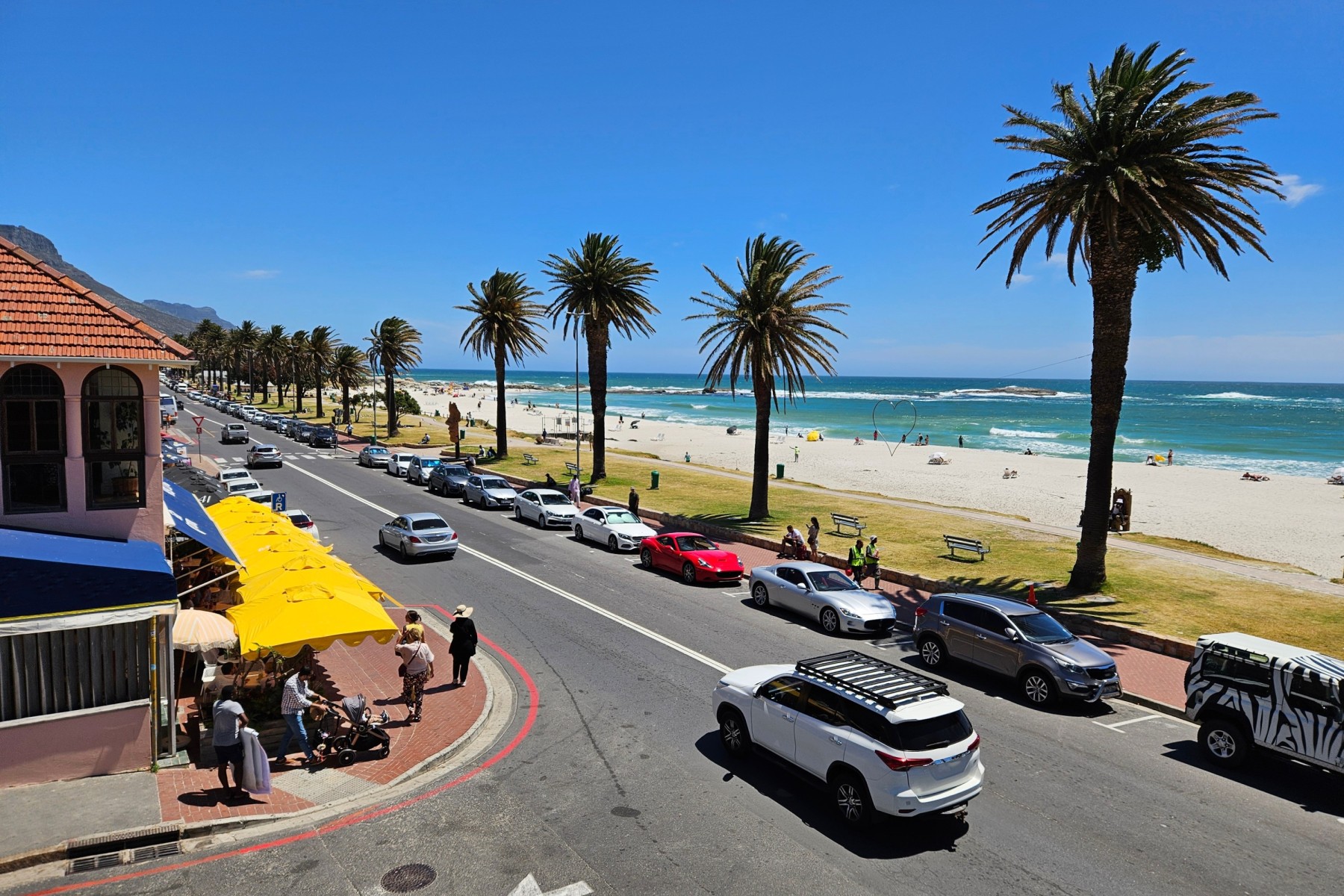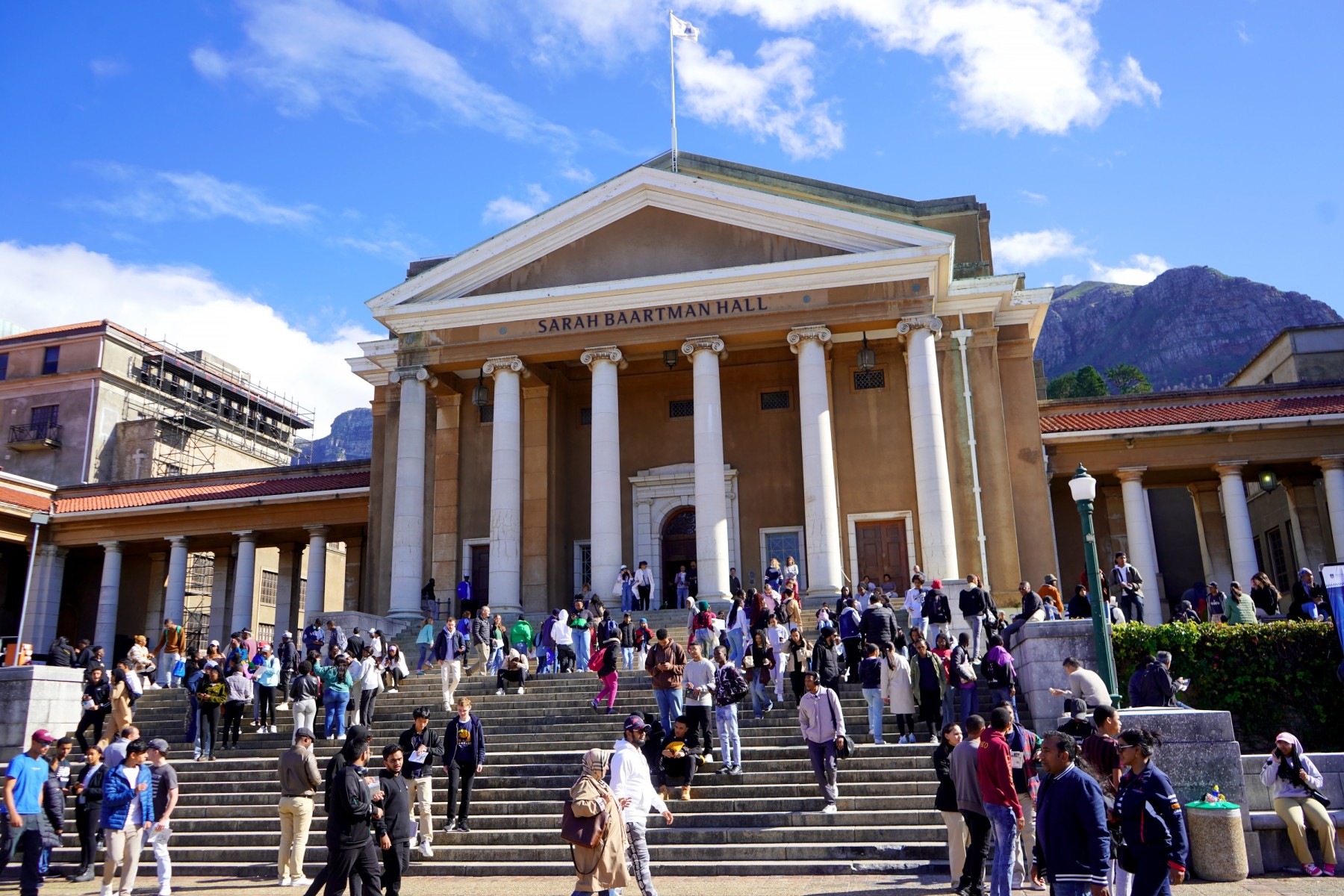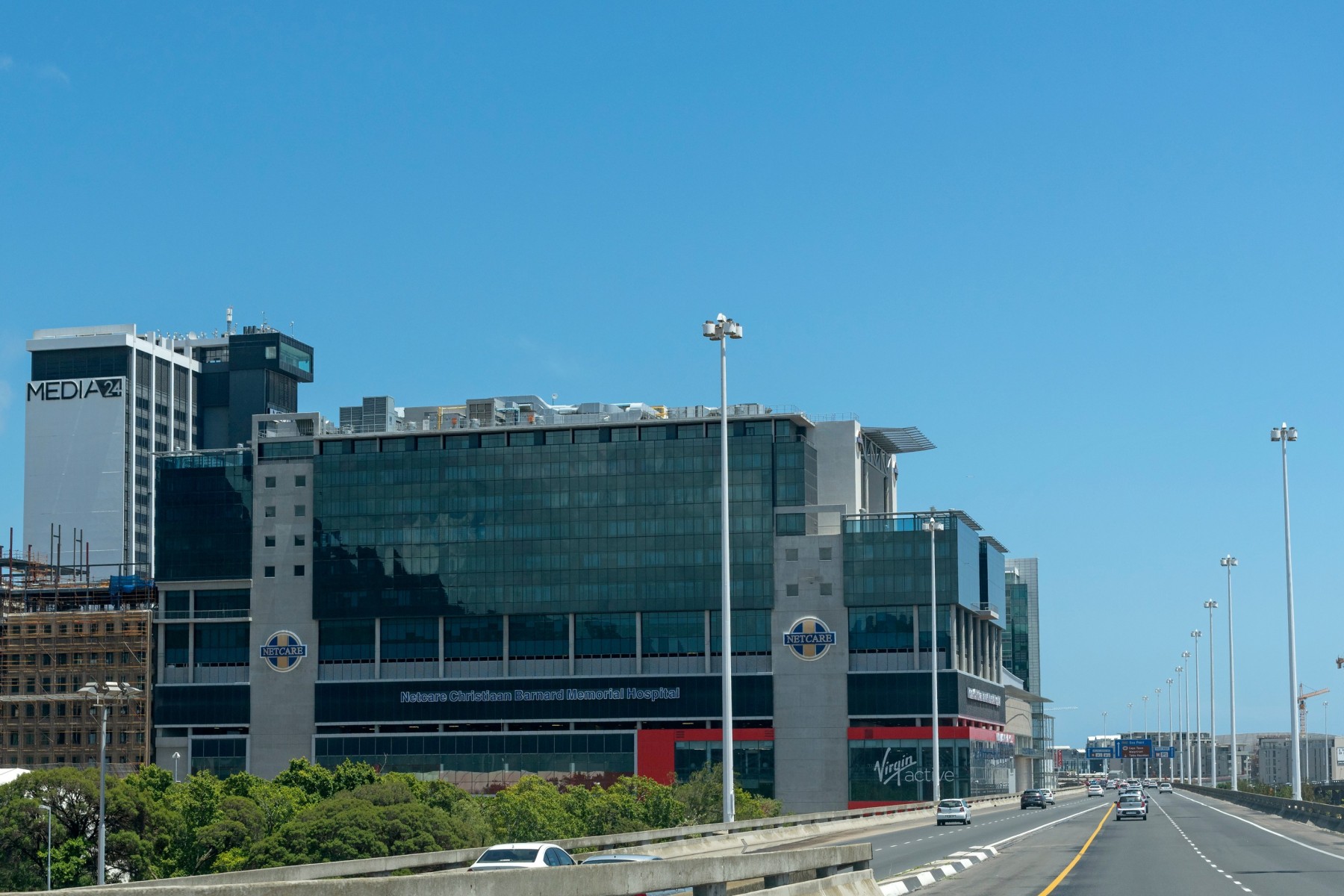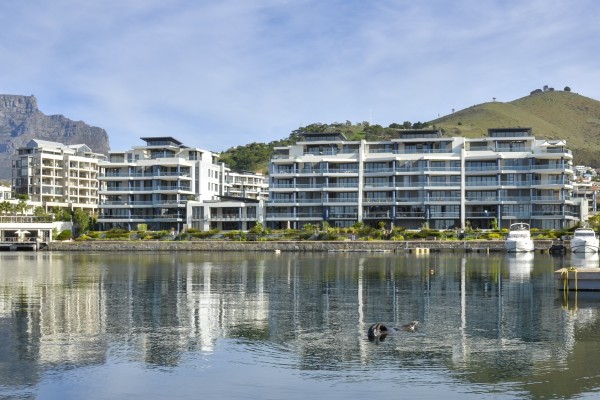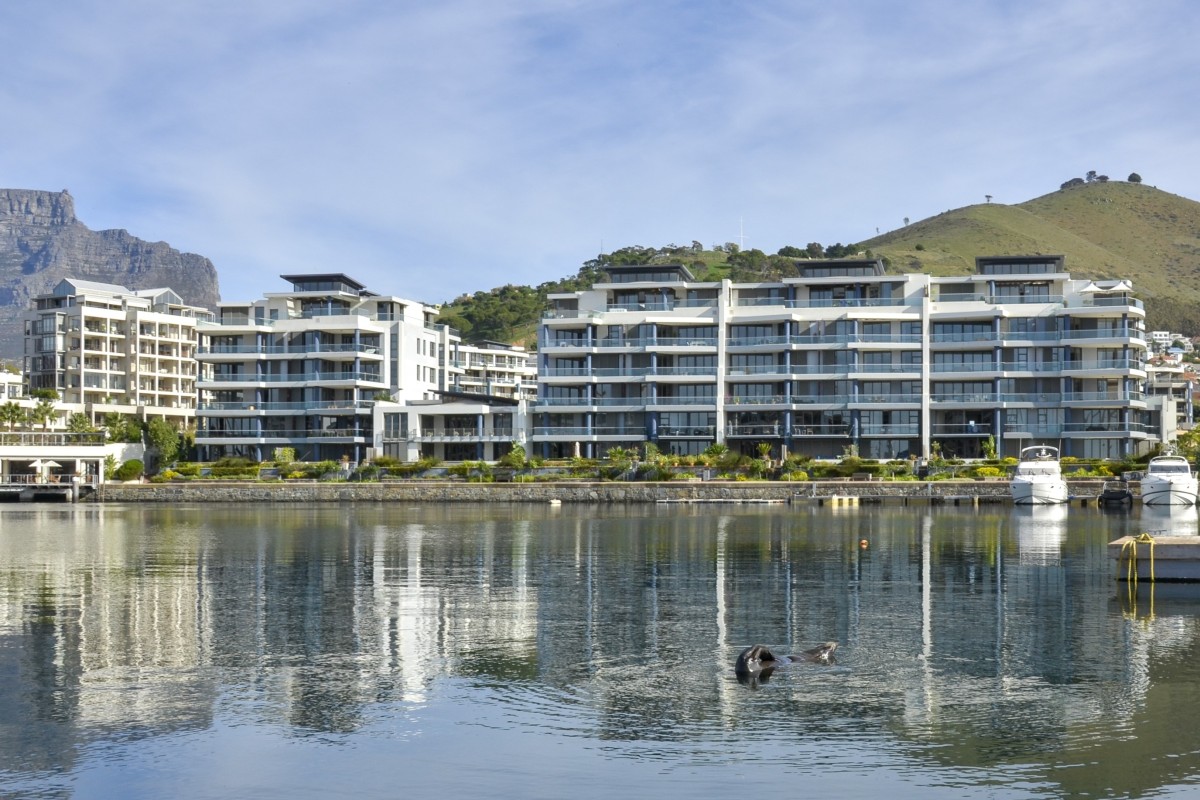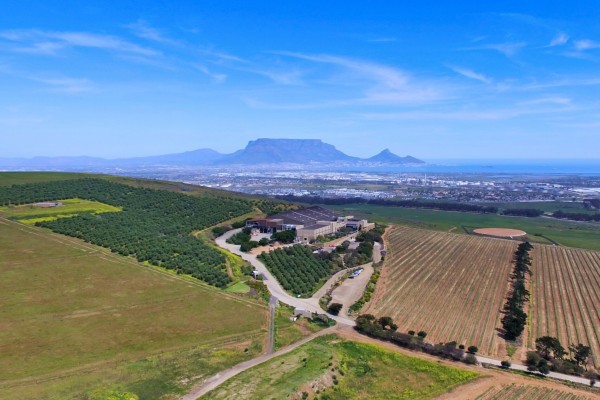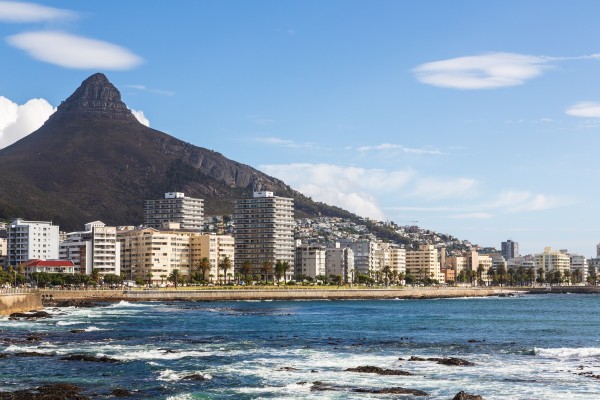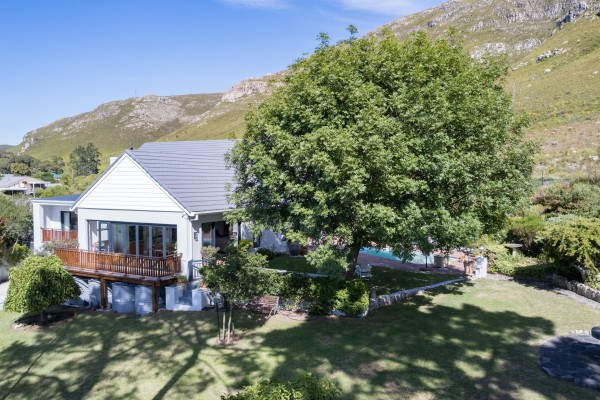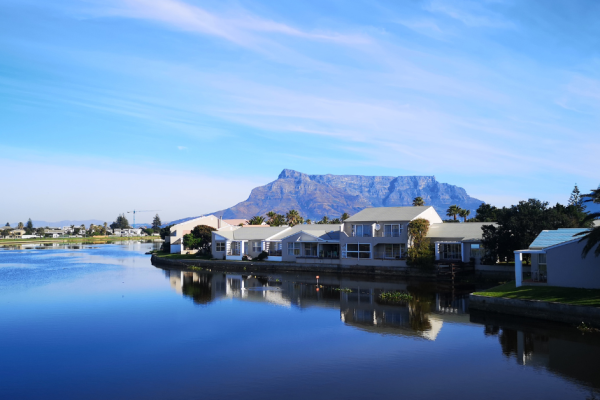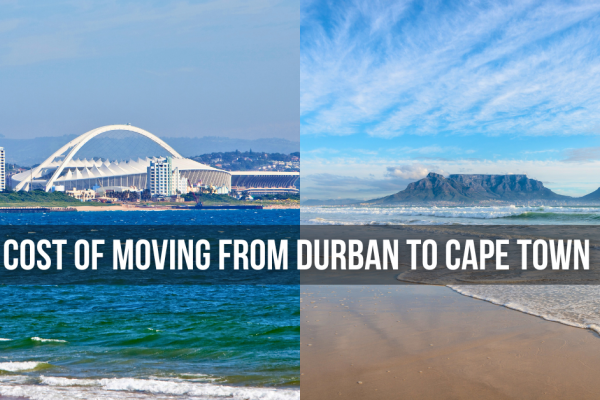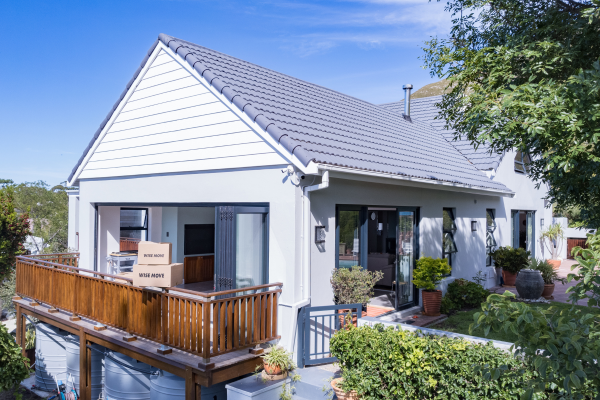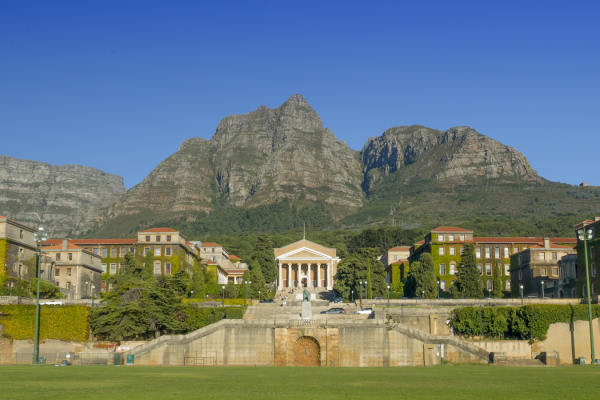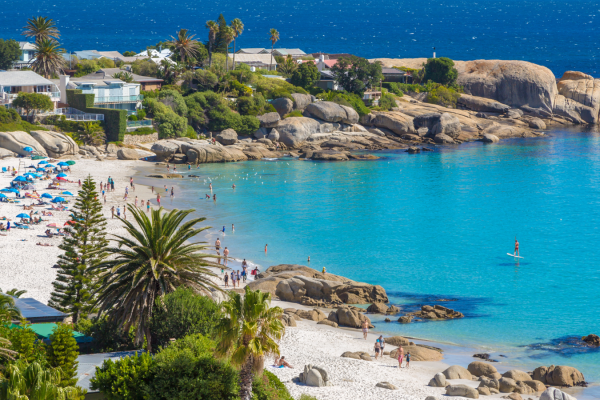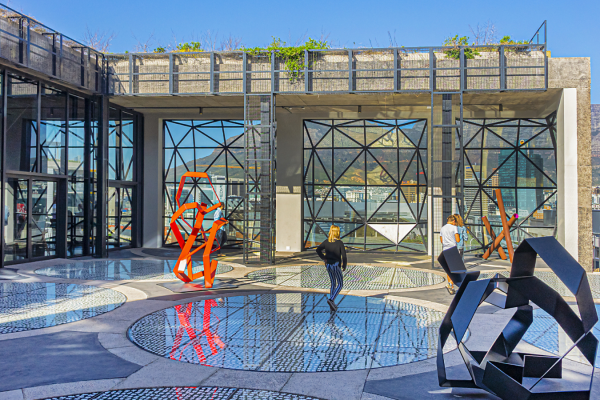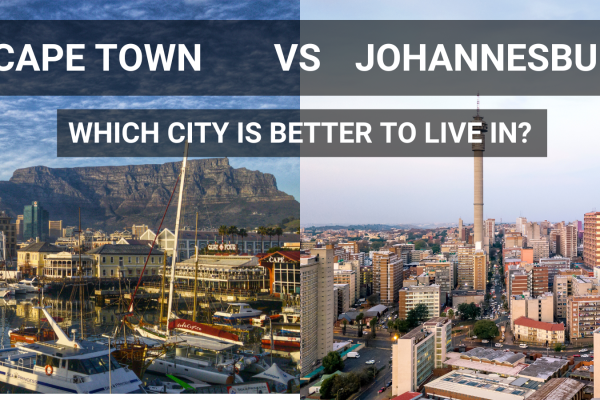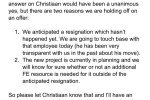The cost of living in Cape Town in 2025

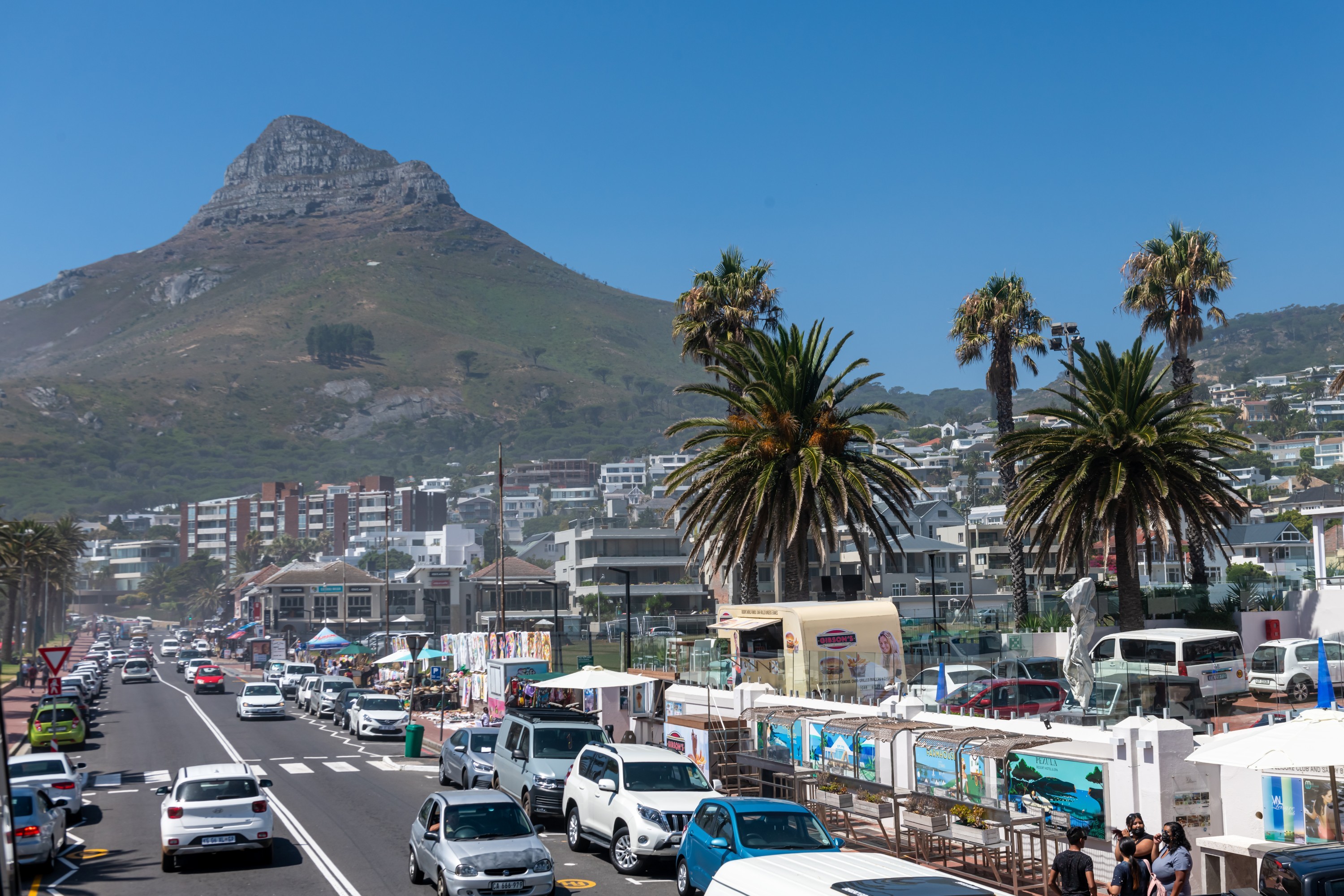
Are you considering moving to Cape Town and wondering how much it will cost to live in the Mother City? You’re not alone.
South African migrants and visitors alike flock to Cape Town every year. And it's no wonder. Cape Town’s breathtaking mountains, beaches, booming tourism industry and growing economic hub have a strong pull.
All this opportunity and appeal come with one big reality. Cape Town has one of the highest costs of living in South Africa. This is especially the case for housing, utilities, and food.
The May 2025 Stats SA Consumer Price report indicates that the cost of housing, utilities, and food in South Africa continues to rise, with prices increasing by around 4.5% to 4.8% over the past year. These increases are even higher in the Western Cape, which shows just how much extra people pay to live in the city of Cape Town.
But don’t let this discourage you. Your cost of living in Cape Town will depend on your lifestyle, the area you choose, and your financial goals.
This guide breaks down the cost of living in Cape Town for 2025. You'll find what you can expect for housing, food, utilities, transport, medical and entertainment costs.
What does housing cost in Cape Town?
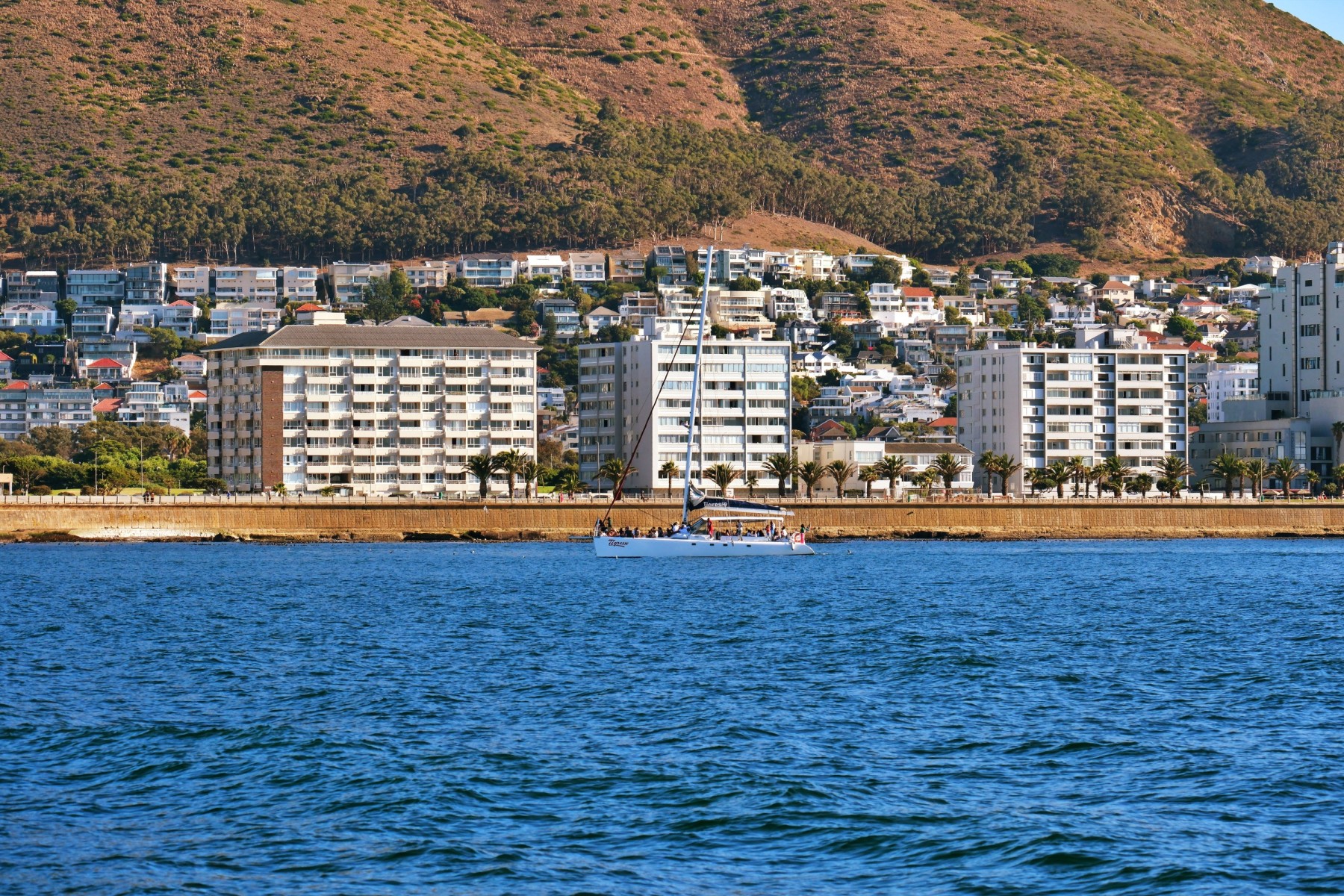 If you're moving to Cape Town from elsewhere in South Africa, expect to spend about 25% to 50% more on housing. Luckily, the city has a whole range of neighbourhoods to choose from to match your lifestyle, commute and budget.
If you're moving to Cape Town from elsewhere in South Africa, expect to spend about 25% to 50% more on housing. Luckily, the city has a whole range of neighbourhoods to choose from to match your lifestyle, commute and budget.
Check out our guide to the best neighbourhoods to live in Cape Town.
Cost of buying a property in Cape Town
The average price for a property sold on Property24 in Cape Town in 2025 is slightly more than R2 million, while the average asking price is R2.5 million. Cape Town also leads South Africa’s housing price growth, with house price inflation nearly four times higher than Johannesburg’s in recent quarters.
If you’re looking to invest in a property, the price will vary greatly depending on what area you’re looking at and the size of your property.
According to the Property24 Cape Town Market Overview for 2025, here’s a suburb-level price snapshot:
|
Suburb/ Neighbourhood |
Average apartment price |
Average house price |
|
City Bowl |
R2.5 million – R5 million |
R5 million+ |
|
Atlantic Seaboard (Sea Point, Clifton, Camps Bay) |
R3.5 million |
R45 million+ |
|
Southern Suburbs (Claremont, Rondebosch) |
R1.8 million |
R4 million |
|
Northern Suburbs (Durbanville, Bellville) |
R1.3 million |
R2.8 million |
Cost of renting in Cape Town
Average rent has risen by 68% in Cape Town since 2014, as against a national increase of 45%.
That spike has partly been driven by high demand from new arrivals in the Cape. It's also partly due to a shortage of long-term rentals, as landlords have opted for higher returns in the short-term rental and tourist markets.
Here’s what you can expect for the average 2025 rental prices per month:
|
Size/Suburb |
Low range |
Upper range |
|
Studio/1-bedroom apartment (City Bowl) |
R10,500 |
R14,000 |
|
2-bedroom apartment (City Bowl) |
R18,000 |
R28,000 |
|
2-bedroom apartment (Atlantic Seaboard) |
R22,000 |
R35,000 |
|
3-bedroom house (Southern Suburbs) |
R20,000 |
R35,000 |
|
Student housing/shared accommodation |
R3,500 |
R10,500 |
As demand is so strong and supply so tight, it can be hard to find your ideal and affordable rental house at the time you need it.
Local Tip: If you want to secure a better rental price, consider searching in the Cape Town winter months (May–August) when demand is lower, giving you more negotiation power with landlords before the busy summer rental surge.
Cape Town vs Johannesburg comparison
-
Rental costs: Cape Town rentals are around 47% higher than in Johannesburg.
-
Purchase prices: Cape Town is significantly higher across different suburbs.
-
Property sizes: You’ll often get less space for the same price in Cape Town.
-
Lifestyle trade-off: Higher costs in Cape Town come with access to the beach, mountain views, and an outdoor lifestyle, which many people consider worth the premium.
-
Market growth: Cape Town’s housing price growth has outpaced Johannesburg's, reflecting continued demand.
How much do utilities cost in Cape Town?
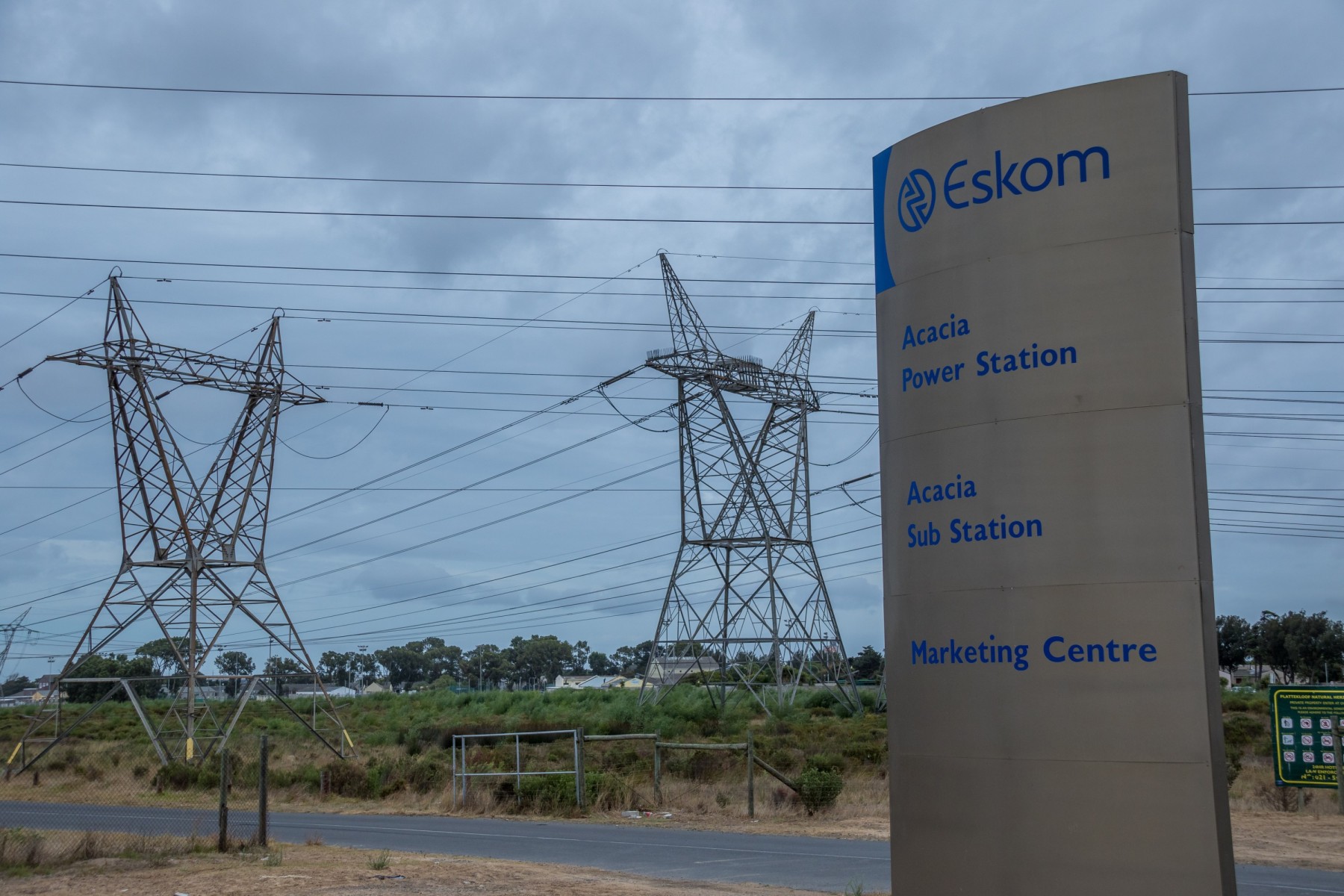
On top of your monthly bond or rental payments, you’ll need to budget for utilities to calculate your total cost of living in Cape Town.
Here’s what you can expect to pay for utilities in Cape Town for 2025.
Water
For a family of four using around 10,500 litres per month, expect a water bill of approximately R540. For a single person using around 2,300 litres, it will be around R130 per month. (City of Cape Town 2025 Tariffs)
Electricity
Cape Town has some of the highest electricity prices in South Africa, with recent tariff increases of around 9.3%. For prepaid and home-user meters:
- 900 kWh: Approximately R3,840/month
- 200 kWh: Approximately R860/month
Plus, home-user customers pay a fixed service fee of around R339 per month, while prepaid users pay around R60 per month regardless of usage.
Refuse & cleaning
This is billed separately, with an average charge of ~R180–R220/month for a standard property in 2025, following a 7.4% increase in the municipal budget.
Internet
Fibre and uncapped WiFi packages in Cape Town typically range from R300 – R1,500 per month, depending on provider, speed, and package.
Cape Town vs Johannesburg cost comparison
When comparing utilities in 2025, Cape Town residents pay on average around 13% more for electricity, water, and refuse collection than those in Johannesburg, driven mainly by higher electricity tariffs and fixed charges, while water and refuse costs remain broadly similar between the two cities.
|
Utility service |
Cape Town (2025) |
Johannesburg (2025) |
|
Electricity (900 kWh) |
R3,840 + R339 fixed charge = R4,180 |
R3,450 + R215 fixed charge = R3,665 |
|
Water (10,500L for a family of 4) |
R540 |
R510 |
|
Refuse Collection |
R200 |
R110 |
How much does food cost in Cape Town?
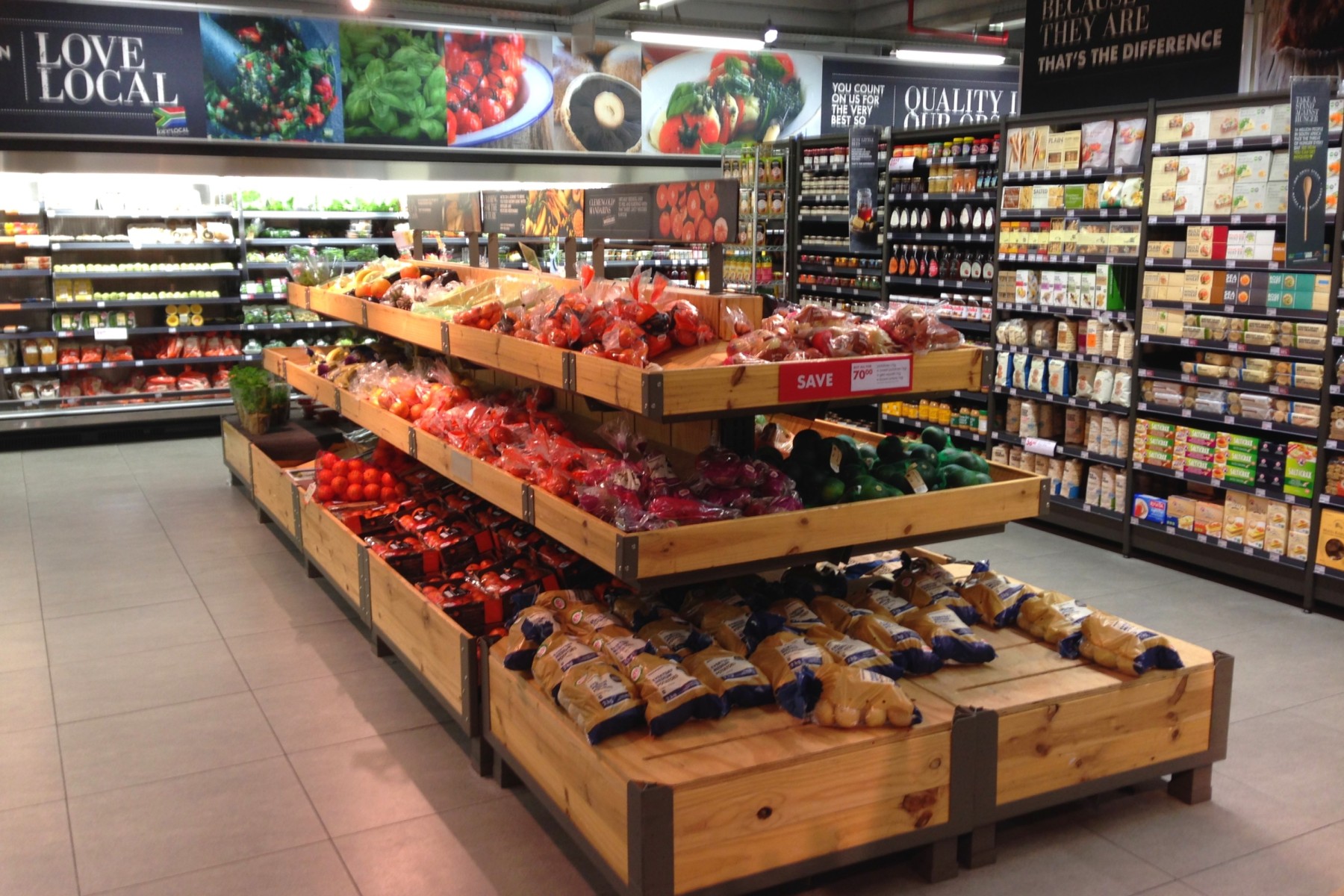 Supermarket food costs in Cape Town vary widely between retail chains, and depending on how much variety and quality you want.
Supermarket food costs in Cape Town vary widely between retail chains, and depending on how much variety and quality you want.
- Fresh produce tends to be cheaper in Cape Town than upcountry because more farms produce it nearby.
- Red meat tends to be cheaper in inland cities for the same reason.
- Fresh seafood is more affordable and available in Cape Town.
Stats SA reports that in November 2025, a basic monthly food basket that feeds a family of four in Cape Towncost R5,245, compared with R5,555 in Joburg and R5,360 in Durban.
Average grocery prices in Cape Town for 2025
|
Food item |
Price range |
|
2L Milk |
R42 – R46 |
|
Bread loaf |
R42 – R46 |
|
6 eggs |
R26 – R32 |
|
4 Chicken breasts (±500g) |
R58 – R65 |
|
Apples |
R28 – R35 |
|
1kg Potatoes |
R26 – R30 |
|
9-Pack toilet paper |
R85 – R95 |
That said, food inflation has been brisk in recent years, especially for imported products like coffee and chocolate.
If you like to eat a delicious and balanced diet, expect to pay considerably more for your food in Cape Town—it’s quite easy to go past R15,000 a month for a family of four.
How much does eating out cost in Cape Town?
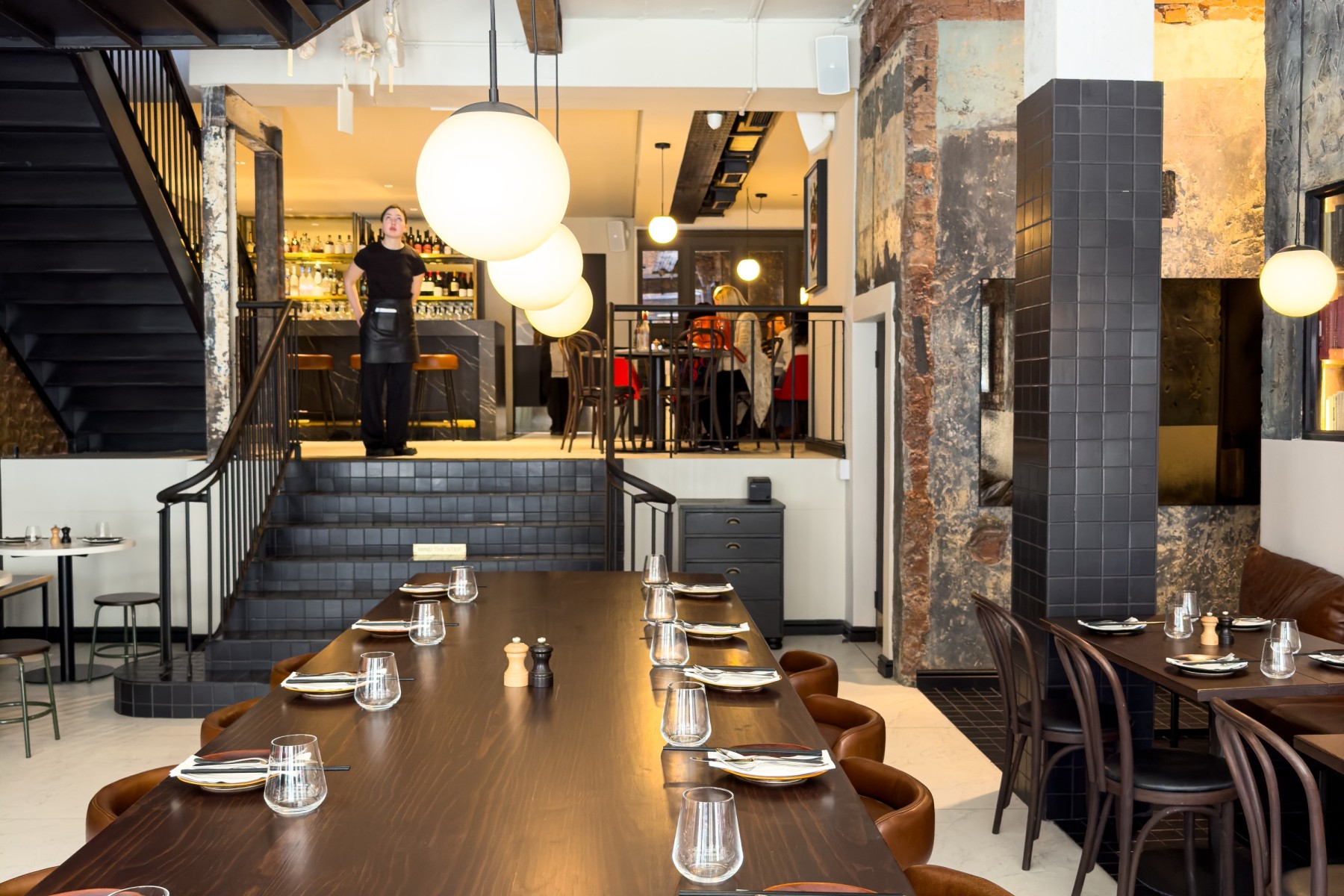
Cape Town’s food scene is as vibrant as its mountains and beaches, offering everything from affordable local spots to world-class fine dining. From grabbing a quick coffee and croissant in Gardens or enjoying a beachside lunch in Muizenberg to booking a chef’s tasting menu in the city, eating out in Cape Town can fit a range of budgets if you know where to look.
Here’s what you can expect to pay when dining out in Cape Town in 2025.
Affordable and cheap eats
- Gatsby or Bunny Chow (local takeaway): R70 – R120
- Cafe breakfast with coffee (e.g., Jason Bakery, Molten Toffee): R100 – R180
- Fast food combo (Steers, KFC, McDonald’s): R65 – R95
Mid-range restaurants
- Casual dinner (V&A Waterfront, Kloof Street restaurants): R180 – R280 per main
- Two-course meal with a drink at a mid-range restaurant: R250 – R400 per person
- Popular mid-range examples: The Dog’s Bollocks (burgers) from R130 – R170, El Burro (Mexican) from R150 – R250 per main and Cousins Trattoria (Italian): R160 – R220 per main
High-end dining
- Chef’s tasting menu (The Test Kitchen, La Colombe, FYN): R1,200 – R2,100 per person (excluding wine pairing)
- High-end dinner mains (Upper Kloof, Camps Bay): R300 – R500 per plate
- A glass of wine to accompany the meal: R80 – R140
So overall, a casual meal in Cape Town can cost between R70 – R180, while mid-range dining typically ranges from R250 – R400 per person. For high-end culinary experiences, expect to pay upwards of R1,200 for tasting menus at Cape Town’s top restaurants, reflecting the city’s position as South Africa’s food capital.
Remember, tipping waiters between 10% and 20% of your bill is expected in Cape Town, so you'll need to factor that into your eating out budget.
How much does public transport cost in Cape Town?
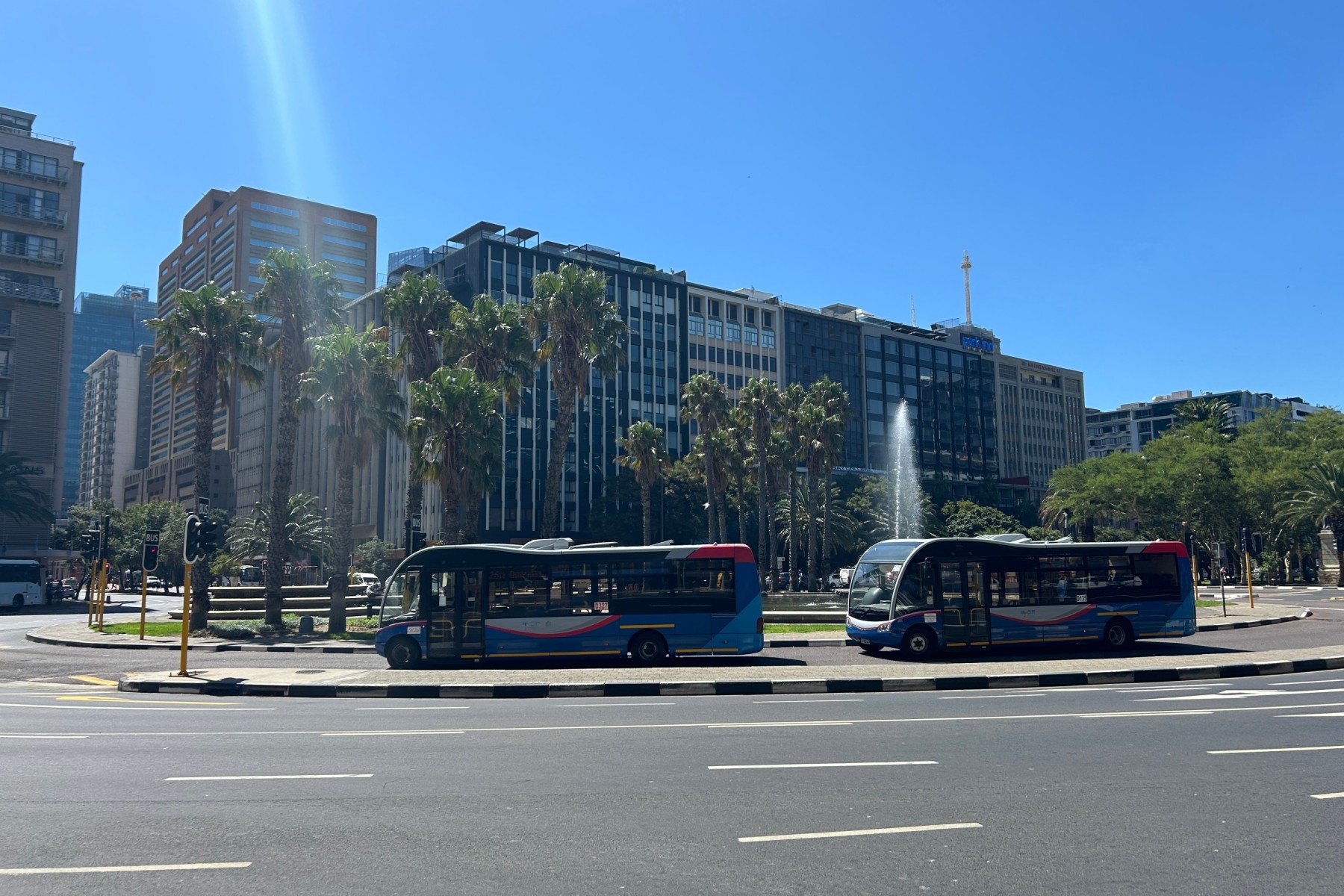 The City Bowl aside, the city is not compact, so you will struggle to get around on foot or even on a bicycle—it’s also far from flat. But you don’t necessarily need a car.
The City Bowl aside, the city is not compact, so you will struggle to get around on foot or even on a bicycle—it’s also far from flat. But you don’t necessarily need a car.
Here are some reliable transport options you can try.
MyCiti Bus
The MyCiTi Bus is one of Cape Town’s most popular public transport options, known for being affordable and efficient. The network covers the City Bowl and extends to the Northern Suburbs, Hout Bay, and Cape Flats townships, including Khayelitsha.
Cost to travel by MyCiti Bus (effective 1 July 2025)
- Single ticket: R13.50 (up to 5 km) – R38.90 (60+ km)
- Day pass: R90
- Weekly pass: R300
- Monthly pass: R1,000
Cape Town Train (Metrorail)
Cape Town’s Metrorail network remains a more affordable, though less reliable, option for longer distances. If you’re in the Southern Peninsula, the passenger train line from Cape Town to Simon’s Town is improving its service after years of decline, with new trains now in operation.
Cost to travel by Cape Town Train
- Single ticket: R11.50 – R26.50 (depending on distance)
- Weekly pass: R90 – R210
- Monthly pass: R270 – R650
What is the cost of owning a car in Cape Town?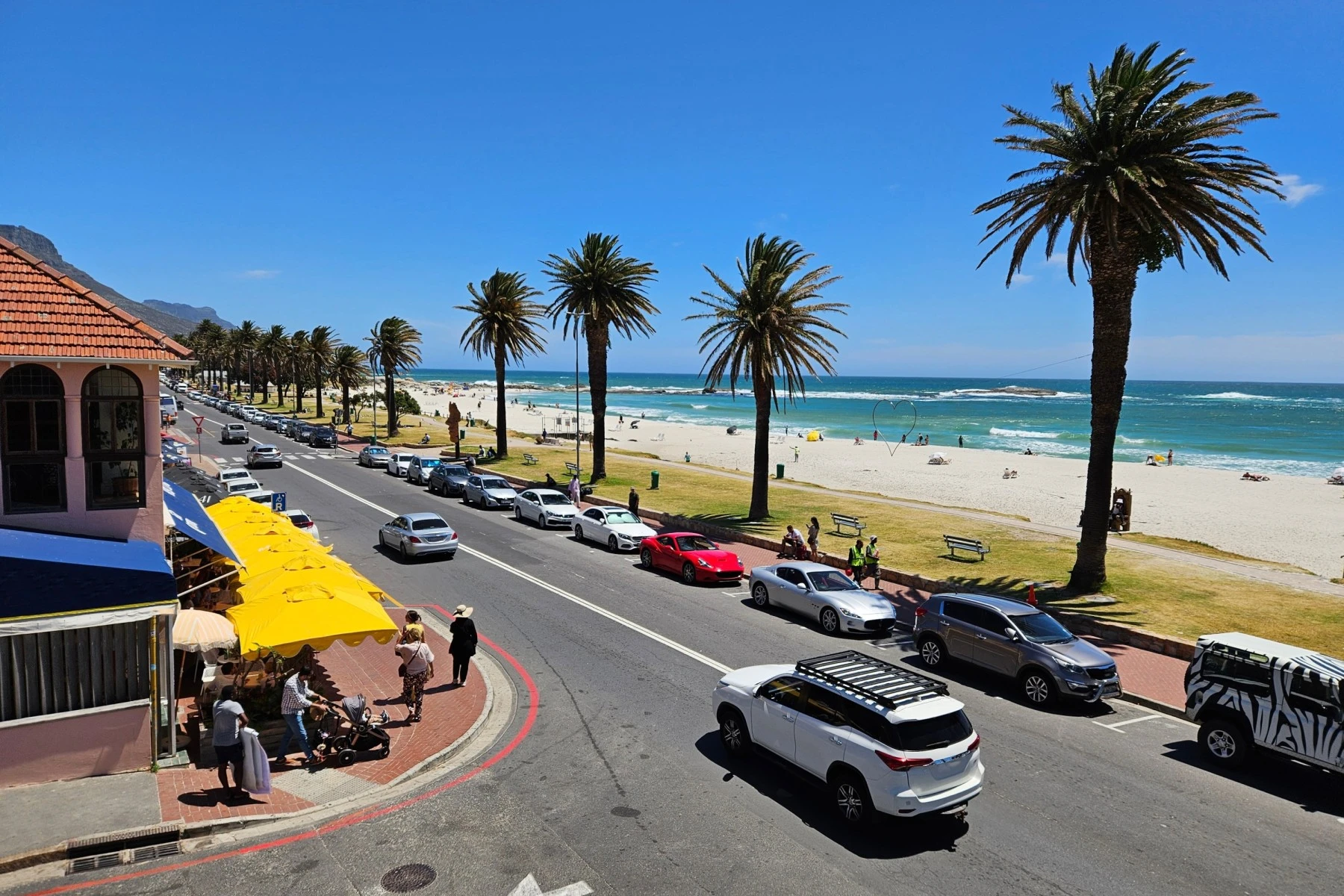
While Cape Town offers public transport options, many residents choose to own a car for convenience, and flexibility, and to reach areas with limited transit access. However, owning a car comes with additional costs you should factor into your Cape Town budget.
The cost of petrol
Petrol prices fluctuate, but as of July 2025, Unleaded 95 at the coast is R23.18 per litre, reflecting the slight advantage Cape Town has over inland cities like Johannesburg, where inland levies add to the price.
Monthly fuel costs according to the vehicle
- Suzuki Swift (Approx 37L tank, filled weekly): R3,430/month
- Toyota Urban Cruiser (Approx 48L tank, filled weekly): R4,460/month
- Ford Ranger (Approx 80L tank, filled weekly): R7,440/month
Your monthly fuel costs will vary based on commute length, driving habits, and your vehicle’s fuel efficiency.
Car insurance in Cape Town
Car insurance is highly recommended due to Cape Town’s weather variability, road conditions, and theft risk in certain areas. Average comprehensive insurance premiums in Cape Town (2025) are:
- Entry-level vehicle (Suzuki Swift): R700 – R1,200/month
- Mid-range vehicle (Toyota Urban Cruiser): R1,000 – R1,600/month
- Higher-value vehicle (Ford Ranger, luxury SUVs): R1,500 – R3,500/month
Insurance rates in Cape Town can be between 5–10% higher than Johannesburg, partly due to weather exposure (wind damage, coastal salt corrosion) and varying risk profiles by area.
Maintenance and running costs
Routine maintenance, tyre replacements, and services are key car ownership costs:
- Annual servicing: R3,000 – R8,000 depending on make/model
- Tyre replacement (per tyre): R1,200 – R3,000
- Brake pad replacements: R1,000 – R3,500
- General running repairs: Budget Between R500 – R1,000/month for contingencies
Cape Town’s coastal climate means increased potential for rust on older vehicles, particularly in beachfront suburbs. Regular washes and undercarriage checks are recommended to extend your vehicle’s life.
What does entertainment cost in Cape Town?
 The best daytime entertainment in Cape Town is free or very cheap. You can climb Table Mountain or Lion’s Head, visit one of Cape Town's many beaches, stroll along the Sea Point Promenade, or explore neighbourhood markets without spending much.
The best daytime entertainment in Cape Town is free or very cheap. You can climb Table Mountain or Lion’s Head, visit one of Cape Town's many beaches, stroll along the Sea Point Promenade, or explore neighbourhood markets without spending much.
What you can expect to pay for activities in Cape Town
- Table Mountain Aerial Cableway: R450 return (adult), R220 (child), with local specials in winter.
- Kirstenbosch National Botanical Garden: R100 (adult), R40 (child).
- Theatre tickets (Artscape, Baxter): R180 – R550 depending on the production.
- Local live music: From R150 upwards for jazz and indie gigs at venues like The Piano Bar or Athletic Club & Social.
- Wine tastings: R40 at Simonsig (affordable tasting) to R350 at Rust en Vrede (premium experience).
- Movie tickets: R120 – R150 at cinemas like The Labia or Nu Metro.
- Surfboard rental (Muizenberg): R120 – R180 for two hours.
- Gym memberships (Virgin Active): Up to R1,600/month depending on location and plan.
- Yoga drop-in classes: R120 – R180 per session at city studios.
Free or low-cost fun in Cape Town
- Sunset picnics on Signal Hill.
- Exploring the colourful streets of Bo-Kaap.
- Browsing weekend markets like Oranjezicht and Neighbourgoods.
- Free concerts and community events at Green Point Urban Park.
- Visiting the Company’s Garden in the city centre.
What does education cost in Cape Town?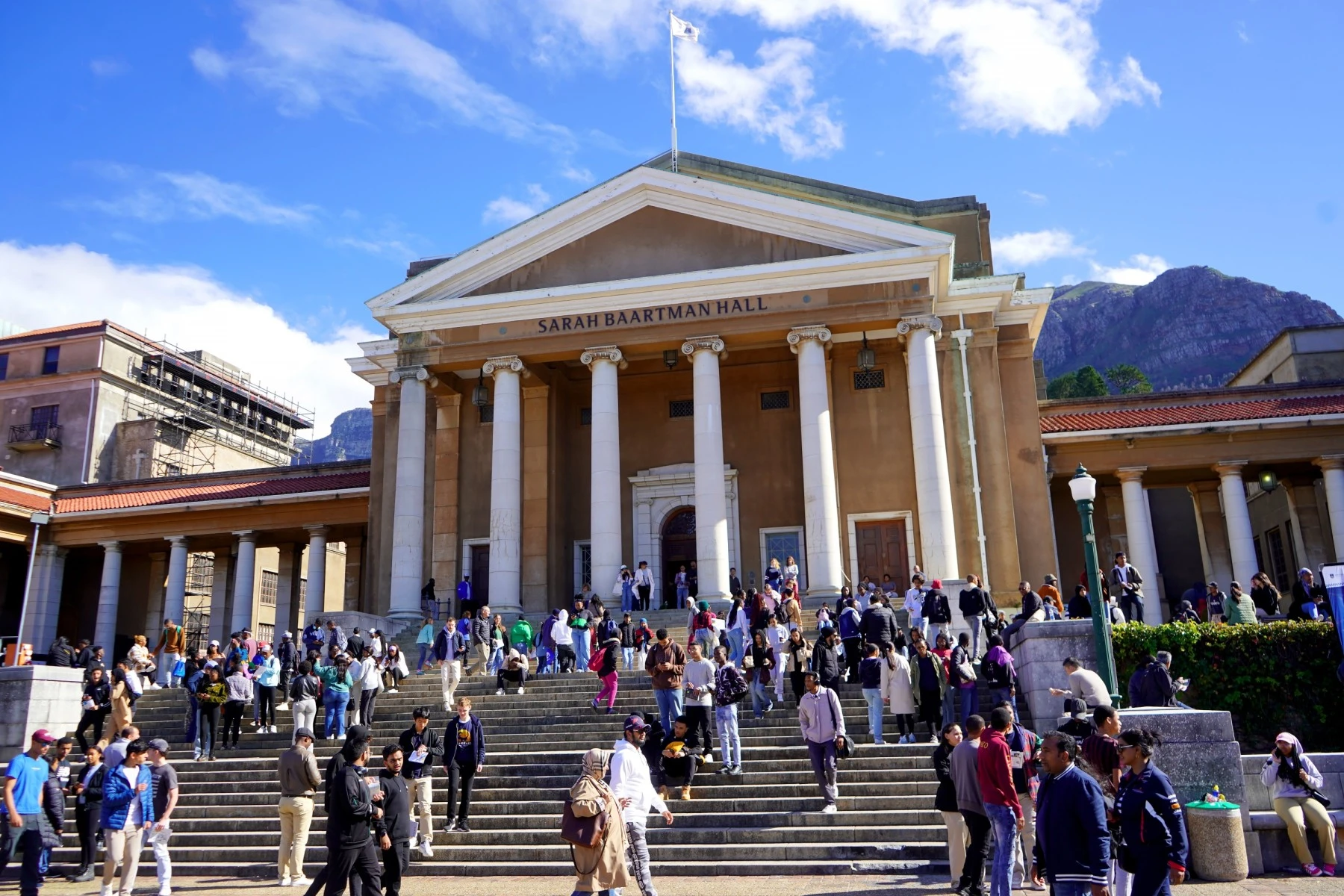
The city boasts top-quality education, with a wide range of excellent public and private schools, and three major universities to choose from.
- Public schools: Fees at the best public schools are affordable, typically up to R4,000 per month. Placement can be competitive, with priority given to families living within the school’s catchment area.
- Private schools: Fees range from R5,000 per month at smaller religious or alternative schools to R30,000 per month at elite private institutions.
- Universities: Annual tuition typically ranges from R50,000 – R95,000 for SA and SADC students, while international students outside SADC usually pay around double.
Comparing education costs in Cape Town
|
Education type |
Annual fees range |
|
Private schools |
R60,000 – R341,000 (Average: R124 860 for day pupils) |
|
Public schools |
R30,000 – R48,000 |
|
International schools |
R185,000 – R290,000 |
|
University tuition (SA residents) |
R39,000 – R84,000 |
|
University tuition for international students |
R78,000 – R164,000 |
What does medical care cost in Cape Town?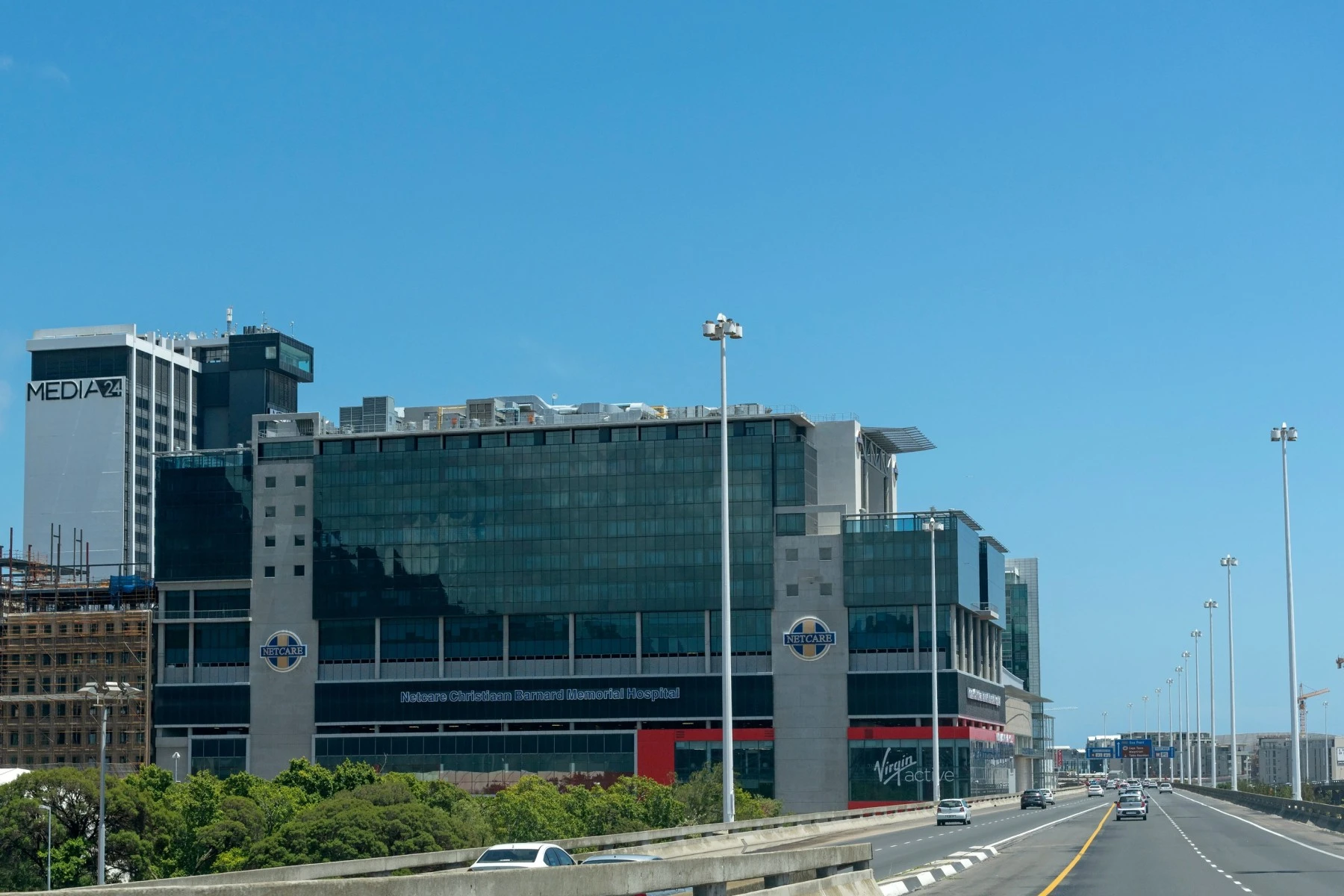
GP Visits and Consultations
- Private GP visit: R500 – R850 per consultation, with easy appointment availability and excellent care.
- Private clinic consultation: Similar to GP visits for basic care.
- Specialist consultation: Up to R2,000 per visit.
Private health care and medical aid costs
Public hospitals in Cape Town are often under strain, with uneven quality of care. Having medical aid ensures you can access private hospitals like Mediclinic Cape Town, Netcare Christiaan Barnard, and Life Vincent Pallotti Hospital, which offer faster and higher-quality care than overburdened public facilities.
- Basic hospital plans: R1,400 – R1,550 per month (network-restricted, emergencies covered).
- Mid-range plans: R3,200 – R5,500 per month (includes GP visits and some specialist cover).
- Comprehensive plans: R6,500 – R10,500+ per month (full hospital, specialist, chronic, and day-to-day benefits).
How much do people earn in Cape Town?
The average after-tax salary in Cape Town in 2025 is around R26,800 per month, slightly higher than Johannesburg’s average of R24,100 per month.
Salaries vary widely by industry, with tech, finance, and specialist roles paying well above this average.
But how much do you really need to live comfortably?
- For a single person, budgeting for rent, utilities, transport, food, and some entertainment, you’ll need at least R25,000 – R35,000 per month to live comfortably in Cape Town while still saving a small amount.
- For a family of four, a comfortable lifestyle typically requires a combined after-tax income of R60,000 – R90,000 per month, depending on your housing choice, school fees, and lifestyle preferences.
While Cape Town’s salaries are slightly higher than in other South African cities, they don’t fully offset the city’s higher living costs, especially housing. However, many residents find the lifestyle trade-off (access to beaches, mountains, and a vibrant cultural scene) well worth the premium.
If you’re planning your move, it’s wise to build a budget in advance to match your lifestyle goals, ensuring you can enjoy everything Cape Town has to offer without financial strain.
FAQs about the cost of living in Cape Town
Is Cape Town more expensive than Johannesburg?
Yes, Cape Town is generally more expensive than Johannesburg, particularly for rent and property. While groceries and utilities are slightly higher, housing is the main cost driver, with Cape Town rents about 47% higher than in Johannesburg.
What is a good salary to live comfortably in Cape Town?
For a single person, R25,000 – R35,000 per month after tax allows for a comfortable living with some savings. For a family, R60,000 – R90,000 per month after tax typically allows for a comfortable lifestyle, including decent housing, schooling, and entertainment.
Can I live in Cape Town without a car?
Yes, it’s possible if you live and work in the City Bowl or close to MyCiTi bus routes, but many residents prefer having a car for flexibility, especially if living in the suburbs. However, Cape Town’s public transport is improving, and you can reduce costs by using buses and trains if your lifestyle allows.
Is Cape Town safe to live in?
Cape Town has areas with higher crime rates, but many suburbs and the City Bowl are safe with usual urban precautions. Researching neighbourhoods and joining local community groups can help you feel secure when relocating.
How expensive is food in Cape Town?
Food costs vary but are slightly cheaper for fresh produce and seafood compared to inland cities, while imported goods can be expensive. A basic food basket for a family of four costs around R5,245 per month, while a more varied diet can cost upwards of R15,000 per month.
Is Cape Town worth the higher cost of living?
Many residents feel the higher costs are worth it for Cape Town’s lifestyle, access to nature, vibrant food scene, and work-life balance, making it a highly desirable city to live in despite its premium costs.
Moving to Cape Town? Make a wise move …

If you’re planning a move to Cape Town, Wise Move can make your relocation easier and more affordable. Instead of spending hours chasing quotes, use Wise Move to instantly compare prices from vetted moving companies in Cape Town. Read verified reviews, choose movers that suit your timing and budget, and book online in minutes
What do our customers say?


